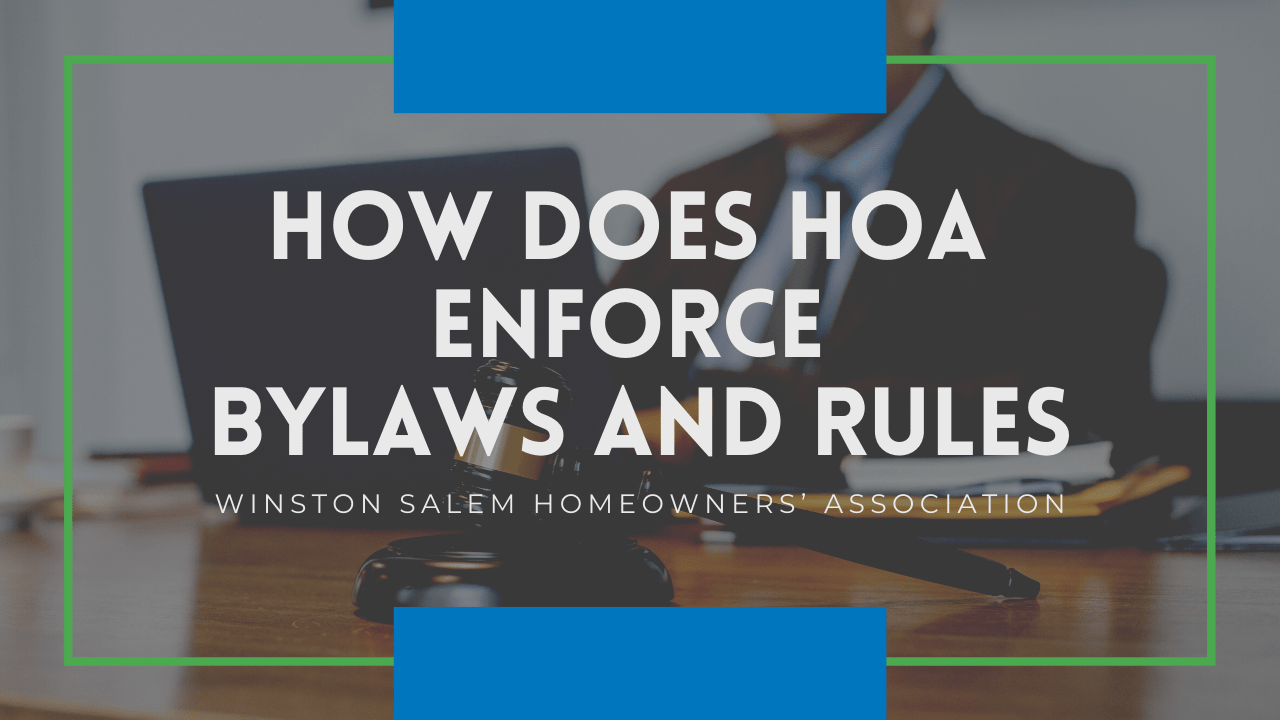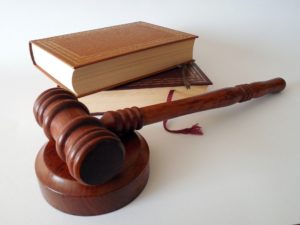
HOA rules are not always popular, especially when homeowners in the community feel they’re begin unfairly restricted or targeted. However, there are reasons people choose to live in HOAs. One of those reasons is usually that they understand the value of an association that enforces uniform rules and bylaws. These are in place to protect and enhance the community as a whole.
The association is responsible for setting rules, and all homeowners agree to those rules when they property within the HOA. The association is also responsible for enforcing rules, and if a homeowner is out of compliance, financial penalties are usually charged.
A Winston Salem HOA Must be Consistent When Enforcing Rules
The most important part of enforcement for any HOA is consistency.
If your association is enforcing the rules with one homeowner but not another, you’re welcoming a lot of legal liability into your HOA. The board must enforce the rules uniformly in your homeowner association otherwise the entire organization will be vulnerable to lawsuits and legal claims. When your residents can prove that the rules are being enforced against them but not against other homeowners in the community, your association will have a hard time defending itself. There may be fair housing violations as well, leading to additional expenses and court time.
Make sure there’s a process in place that ensures every homeowner is responsible for following the same rules.
Earn Trust by Enforcing HOA Rules
The community has to trust that the HOA is going to hold everyone accountable to the same standards and requirements. If your board allows rules and regulations to be broken without consequences or enforcement, you will lose your ability to maintain the trust of your homeowners. The entire community will feel like the HOA doesn’t care about the rules they’re supposed to uphold. This will strip away any authority or legitimacy of the association.
Most HOAs charge fines or penalties when a rule is broken or a bylaw is ignored. Keep a careful record of violations and payments. You want to be able to demonstrate that the HOA is doing their job. Other remedies may include withholding access to amenities such as the clubhouse, fitness center, or pool.
Taking Legal Action on Behalf of the Community
 The board should be empowered to pursue all legal remedies to collect delinquent assessments or follow up on penalties and fees that have been charged but not paid. This could include hiring an attorney who specializes in collections. The attorney can seek a number of remedies when fines and penalties are not being paid by community members. There can be personal judgments won, which may be executed by way of levies with the sale of personal property or vehicles.
The board should be empowered to pursue all legal remedies to collect delinquent assessments or follow up on penalties and fees that have been charged but not paid. This could include hiring an attorney who specializes in collections. The attorney can seek a number of remedies when fines and penalties are not being paid by community members. There can be personal judgments won, which may be executed by way of levies with the sale of personal property or vehicles.
An attorney can also garnish the debtor’s bank account or implement a wage garnishment to recover the money that is owed. If an owner who has not paid the assessment is leasing their property to a tenant, it’s possible to garnish the rental income that’s earned.
Your board’s attorney can also file a lien against the property and foreclose using a judgment or a statutory lien.
These are extreme examples of how the rules and bylaws can be enforced, but if you have a particularly difficult resident who doesn’t seem interested in following the rules, you may have to be prepared to get tough. Regulations only work if the entire community is held accountable to them. The HOA can’t selectively pick which rules to enforce and which ones to ignore.
If you’re having trouble enforcing the rules at your HOA or community association, contact us at Capstone Realty. We can help with all of your Winston Salem HOA and property management needs.
